简体中文
繁體中文
English
Pусский
日本語
ภาษาไทย
Tiếng Việt
Bahasa Indonesia
Español
हिन्दी
Filippiiniläinen
Français
Deutsch
Português
Türkçe
한국어
العربية
How to Use Economic Data to Inform Your Forex Trading Decisions
Abstract:While technical analysis can provide valuable insights, it's crucial to consider the broader economic landscape and consider the economic data to make informed trading decisions.
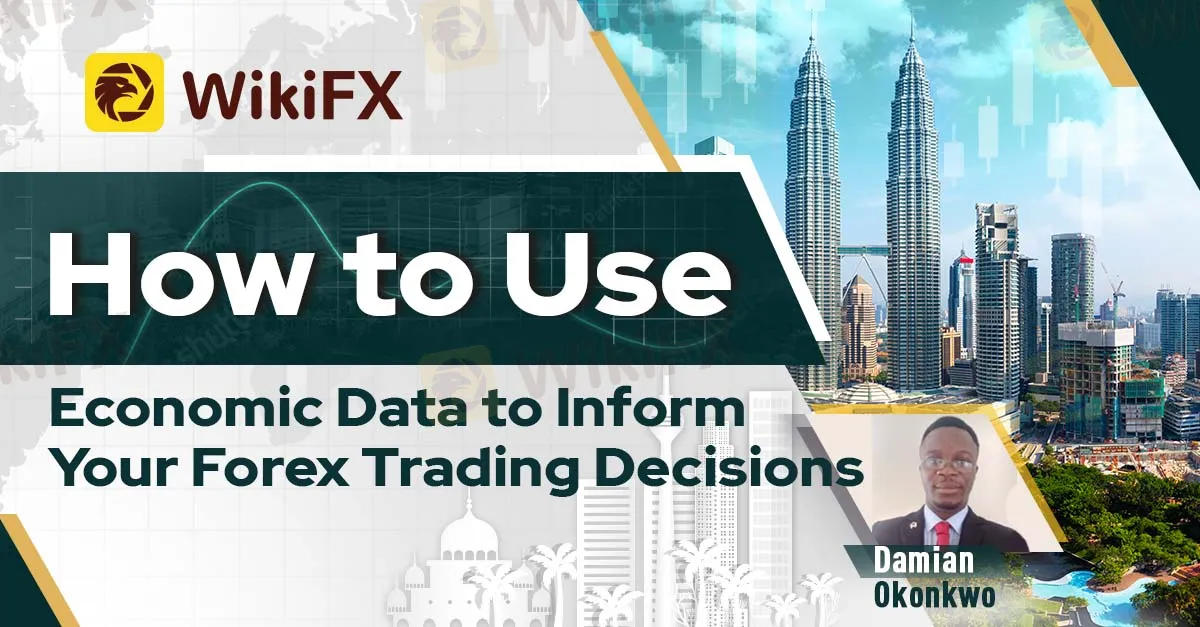
By: Damian Okonkwo

How to Use Economic Data to Inform Your Forex Trading Decisions
In the fast-paced world of forex trading, each decision made by a trader matters so much to his positions. While technical analysis can provide valuable insights, it's crucial to consider the broader economic landscape and consider the economic data to make informed trading decisions.
Economic data encompasses a wide range of indicators, such as:
● Gross Domestic Product (GDP): Reflects the overall health of an economy.
● Interest rates: Set by central banks and influence currency valuations.
● Inflation: Measures the rate at which prices increase.
● Trade balance: This gives the disparity between a country's exports and imports statistics.
● Unemployment rate: Indicates the level of economic activity.
● Consumer confidence: Shows how optimistic consumers are about the economy.
Understanding how these indicators interact and impact different currencies is essential for successful forex trading.
Using Economic Data to Make Informed Decisions
Here's how you can use economic data to make informed trading decisions:
1. Identify key economic events:
Economic calendars are essential tools for forex traders. They provide a comprehensive overview of upcoming economic events, along with their potential impact on specific currencies. By focusing on high-impact events, such as:
● Central bank interest rate decisions: Impacting currency valuations.
● Non-farm payrolls: Providing insights into the health of the U.S. economy.
● Retail sales: Reflecting consumer spending and economic activity.
● Manufacturing indexes: Indicating the strength of a country's manufacturing sector.
● Trade balance: Influencing currency valuations based on exports and imports.
2. Analyze the data:
It's crucial to not only identify key economic events but also interpret their implications. Compare the released data to forecasts and historical data to assess the surprise factor and potential impact on the market.
For example, if a central bank raises interest rates more than expected, it could strengthen that country's currency relative to others. Conversely, a weaker-than-expected GDP report could indicate a slowing economy and potentially weaken the associated currency.
3. Align your trading strategy:
Based on your analysis of the economic data, you can adjust your trading strategy accordingly. This could involve:
● Entering long positions if you anticipate a currency strengthening.
● Entering short positions if you anticipate a currency weakening.
● Exiting existing positions if the data suggests a change in market sentiment.
● Hedging your portfolio to protect against potential losses.
4. Manage risk effectively:
Economic data can be unpredictable, so it's crucial to manage risk effectively. This includes:
● Setting stop-loss ordersto limit potential losses.
● Using position sizing to avoid overexposure to any single currency.
● Diversifying your portfolio to spread risk across different currencies and asset classes.
Conclusion
By effectively using economic data, forex traders can gain valuable insights into market movements and make informed trading decisions, ultimately increasing their chances of success in the competitive world of forex trading.

Disclaimer:
The views in this article only represent the author's personal views, and do not constitute investment advice on this platform. This platform does not guarantee the accuracy, completeness and timeliness of the information in the article, and will not be liable for any loss caused by the use of or reliance on the information in the article.
Read more
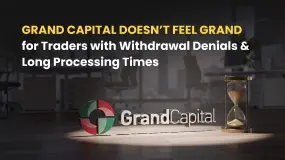
Grand Capital Doesn’t Feel GRAND for Traders with Withdrawal Denials & Long Processing Times
The trading environment does not seem that rosy for traders at Grand Capital, a Seychelles-based forex broker. Traders’ requests for withdrawals are alleged to be in the review process for months, making them frustrated and helpless. Despite meeting the guidelines, traders find it hard to withdraw funds, as suggested by their complaints online. What’s also troubling traders are long processing times concerning Grand Capital withdrawals. In this Grand Capital review segment, we have shared some complaints for you to look at. Read on!
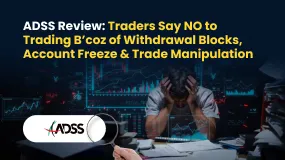
ADSS Review: Traders Say NO to Trading B’coz of Withdrawal Blocks, Account Freeze & Trade Issues
Does ADSS give you plenty of excuses to deny you access to withdrawals? Is your withdrawal request pending for months or years? Do you witness account freezes from the United Arab Emirates-based forex broker? Do you struggle to open and close your forex positions on the ADSS app? Does the customer support service fail to respond to your trading queries? All these issues have become a rage online. In this ADSS Broker review article, we have highlighted actual trader wordings on these issues. Keep reading!
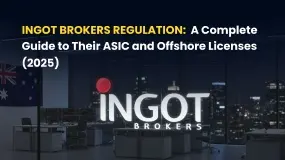
INGOT Brokers Regulation 2025: ASIC vs Offshore License - What Traders Must Know
Explore INGOT Brokers regulation in 2025: Compare their ASIC and Seychelles FSA licenses, understand trader protection levels, and learn about potential risks in this detailed guide.
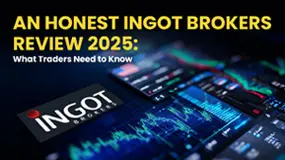
INGOT Brokers Review 2025: High Risk or Hidden Gem? Expert Analysis Reveals All
Comprehensive INGOT Brokers review exploring the broker's mixed reputation in 2025. Discover the truth about regulation, trading options, and user experiences before opening an account.
WikiFX Broker
Latest News
Consob Targets Political Deepfake “Clone Sites” and Unlicensed Platforms in Latest Enforcement Round
WikiEXPO Global Expert Interviews: Gustavo Antonio Montero: ESG in Finance
Mitrade Arabic Platform Targets MENA Gold Trading Boom
Israeli Arrested in Rome Over €50M Forex Scam
Scam Alert: GINKGO-my.com is Draining Millions from Malaysians!
New FCA Consumer Alert 2025: Important Warning for All Consumers
EmiraX Markets Withdrawal Issues Exposed
Polymarket Onboards First US Users Since 2022 Shutdown: Beta Relaunch Signals Major Comeback
US Seizes US15 Billion in Bitcoin as Prince Group Rejects Crypto Scam Allegations
INGOT Brokers Regulation 2025: ASIC vs Offshore License - What Traders Must Know
Currency Calculator



